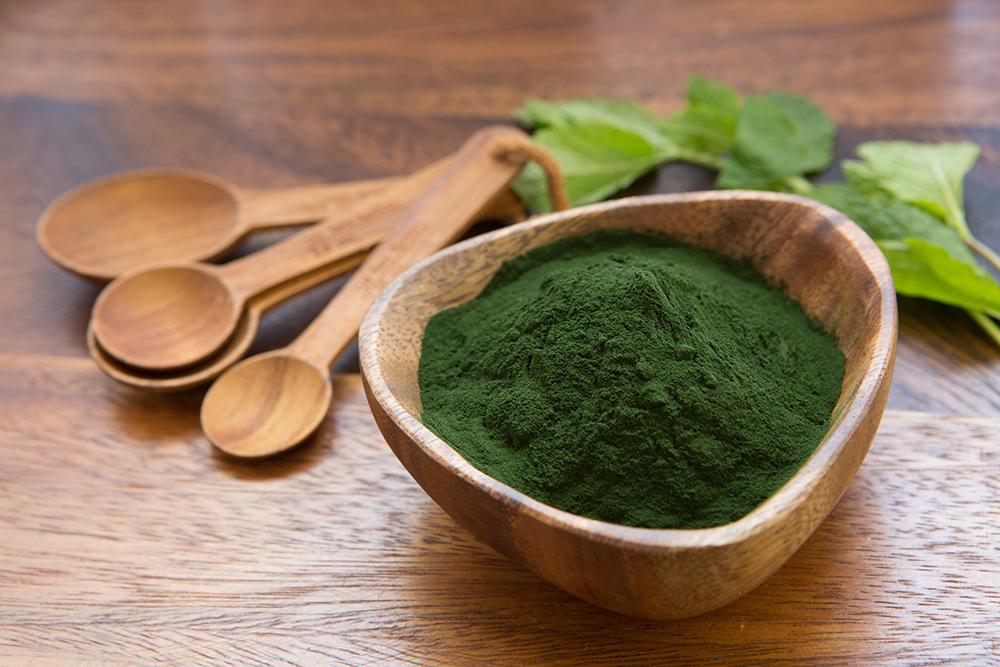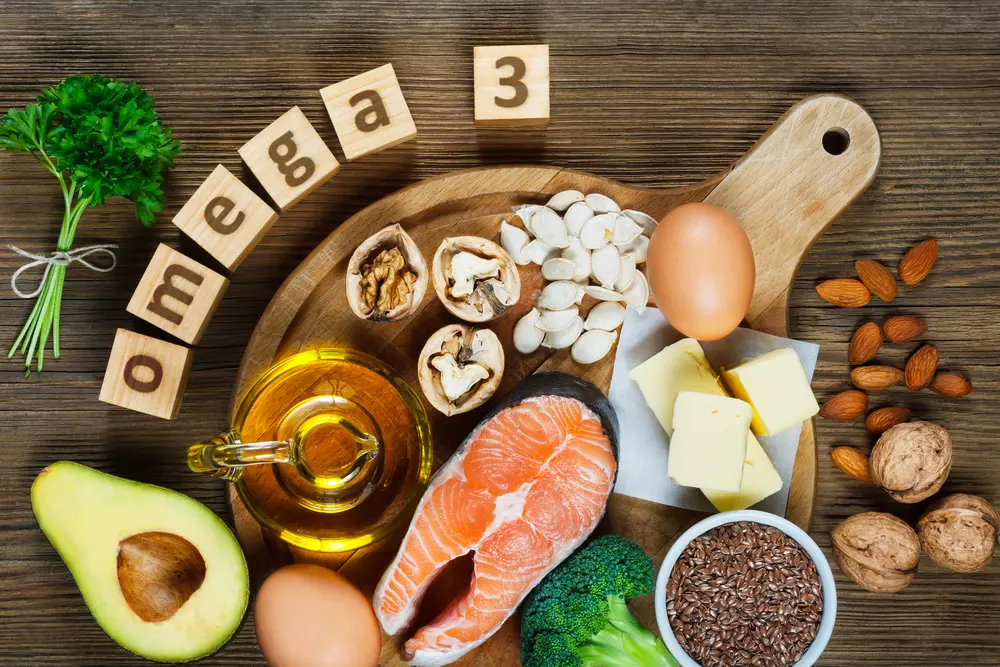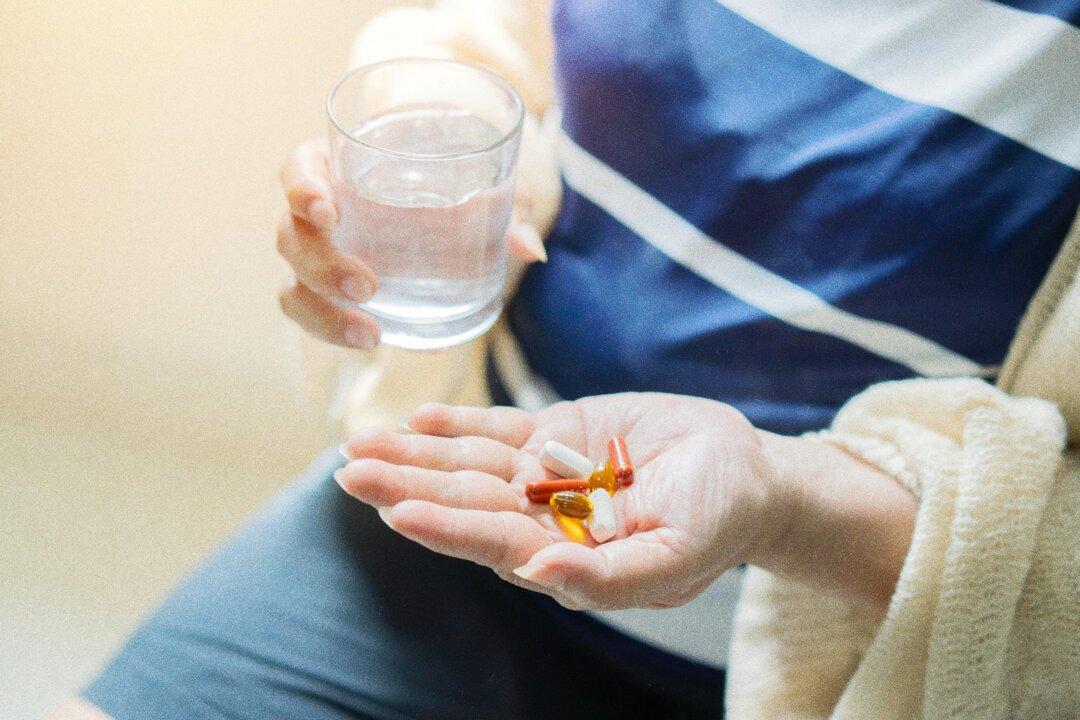Do you feel weak and tired? Maybe you need more B12.
Vitamin B12 plays a tremendous role in our physiology. It helps create our DNA, blood cells, and the protective layers that surround each nerve. B12 is also needed for the metabolic action in every cell.





